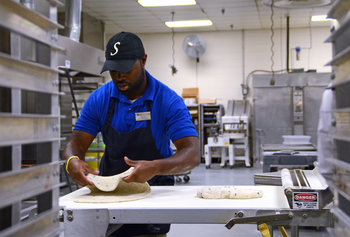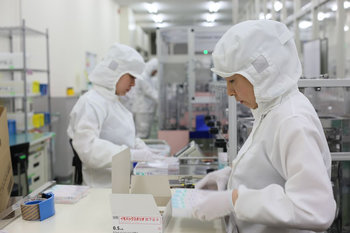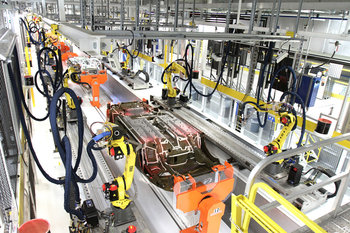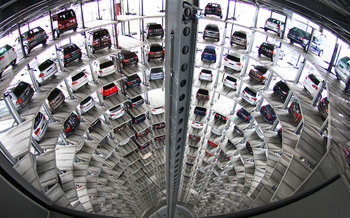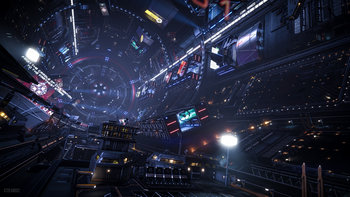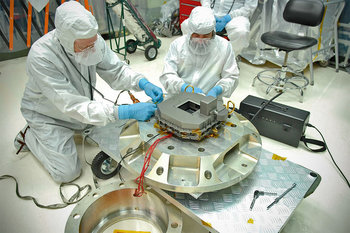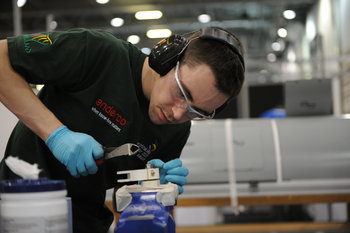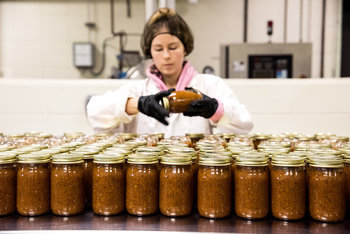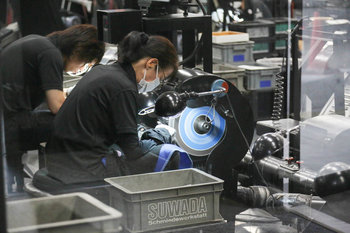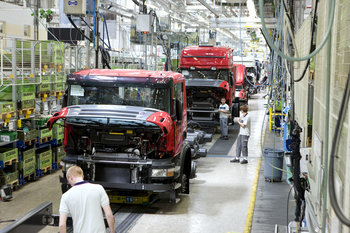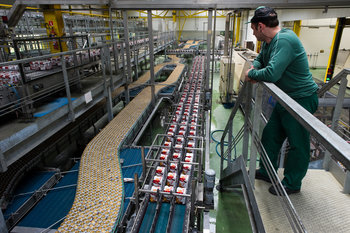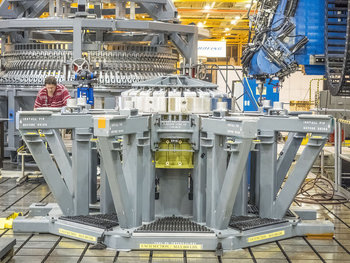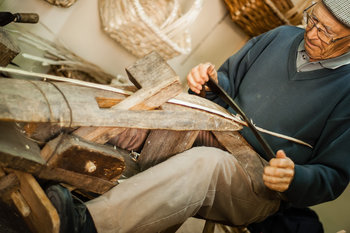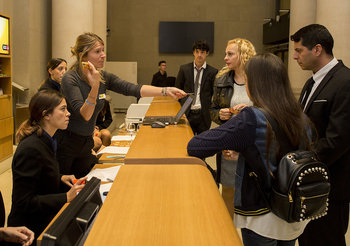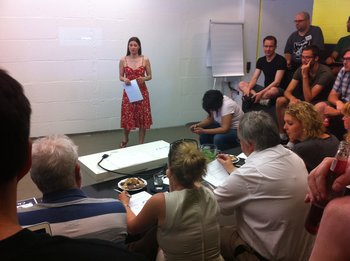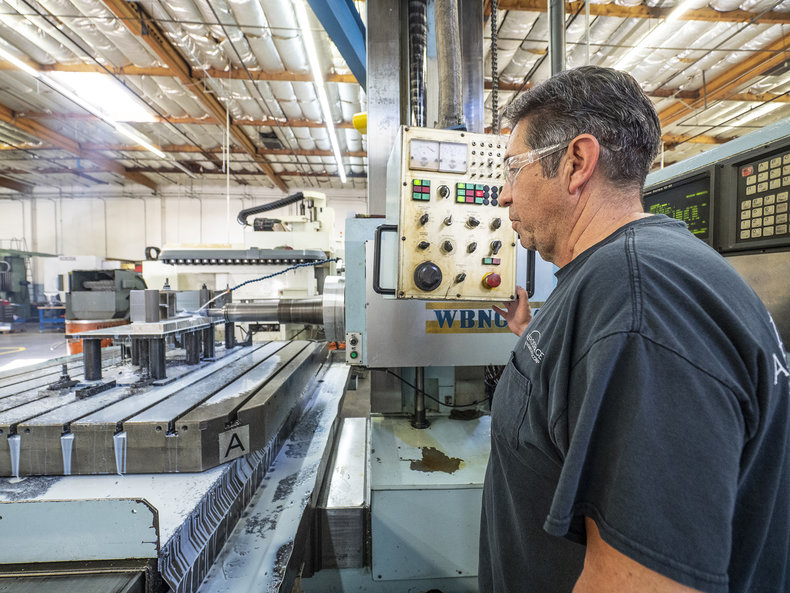
Additive manufacturing e.g. 3d printing | Aerospace |
Agricultural equipment | Aircraft |
Art supplies | Baby care products |
Bakeries | Beauty products |
Biotechnology manufacturing | Books and stationery |
Candle making | Ceramics |
Chemicals | Cleaning products |
Clothing and fashions | Computer hardware |
Confectionery products | Construction materials |
Consumer electronics | Contract manufacturing |
Costumes | Craft production |
Craft supplies | Cultural items |
Custom manufacturing | Educational toys |
Emergency preparedness products | Energy storage systems |
Environmental technology | Fast moving consumer goods |
Food and beverage production | Footwear |
Fragrances and perfumes | Furniture making |
Games | Gardening products |
Gift items | Glassblowing |
Health foods and supplements | Heavy equipment |
Herbal products | Holiday decorations |
Home decor | Home office equipment |
Home safety and security e.g. smoke detectors | Home technology |
Ice cream and frozen desserts | Industrial equipment |
Jewelry making | Kitchenware |
Leather goods | Materials e.g. plastic manufacturing |
Medical equipment | Metalworking |
Musical instruments | Network infrastructure |
Office supplies | Original equipment manufacturer (OEM) - parts that go in another firm's products |
Outdoor recreation products | Paper products |
Parts & components | Party supplies |
Personal care products | Pet food |
Pet products | Pharmaceuticals |
Pottery and ceramics | Power systems |
Printing | Quilting |
Robotics | School supplies |
Scientific instruments | Semiconductor device fabrication |
Sewing and tailoring | Ships and boats |
Snack foods | Soap making |
Solar panels | Souvenirs |
Sports equipment | Stationery |
Sustainable products | Tableware |
Textile production | Tools |
Toys | Traditional fashions e.g. kimono |
Traditional products e.g. regional foods | Vehicles |
Wind turbines | Woodworking |




